By now, we all know why hemp is still illegal.
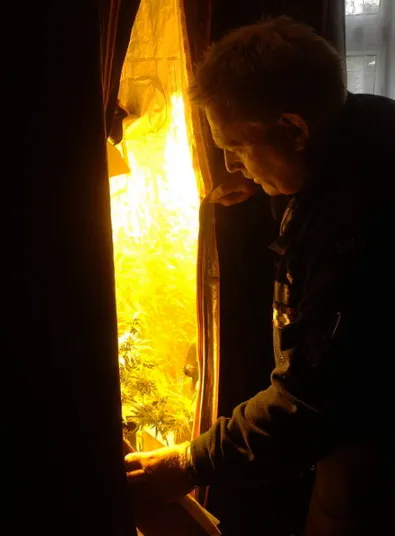
Long before we were born, primitive humans commonly used the versatile hemp plant for food, fiber and medicine, but then one day these humans unanimously agreed that anyone using the plant should be robbed, beaten and caged.

We are all aware of the reason that this plant was originally criminalized; because back when the media news was trustworthy and ‘real’, the public was told that the plant-- which the propagandists had named marijuana-- was a real danger to society.
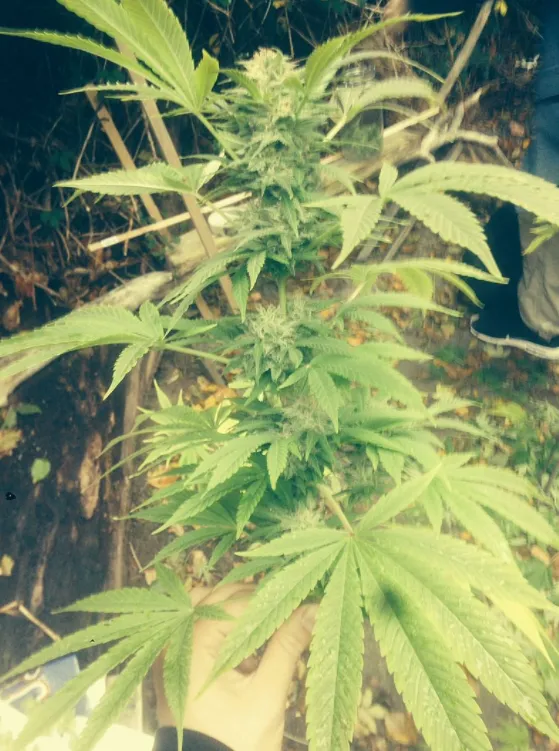
The Real Danger
At this point, most of us realize that vast petroleum and pharmaceutical industries own and manage our governments, and that the lawmakers within those governments are nothing more than Public Relations specialists for those multi billion-dollar industries.
Even with that realization though, a deep sentimental attachment to the idea of a strong government which effectively regulates and controls those industrial giants will often keep the public dialogue skewed into just such a fantasy-- a more comfortable version of life than the actual reality-- so that this cognitive dissonance becomes a nice pillow for the sleepy heads of the modern humans.
What’s On TV
Everybody knows that the biggest media and news organizations are heavily sponsored and mostly funded by the pharmaceutical industry, with ads for drugs saturating the airwaves day and night. The daily news will feed itself with 24 depressing hours about war and misery, and without financing from those high-dollar pharmaceutical ads for anti-depressants which air between their endlessly depressing stories, the TV stations would be all but shuttered and bankrupted in a single day.
Most of us know that prohibition leads to organized crime, but if those same organized criminals are controlling the public dialogue through their own news media outlets-- since these criminals do so benefit from that prohibition of weed-- then we can still know deep inside that it’s all crooked, but we may eventually resign or learn to accept it through the repetitive daily programming.
Through this sophisticated psychological manipulation, the poisonous synthetic chemicals are sold, and as part of this business model, the TV dialogue invariably drifts into distraction, deception and outright lies. It is war propaganda, after all; it’s the Drug War.

Ask Your Government if Cannabis is Right For You
As this Drug War has raged on, and while the psychological manipulation of the group’s mind has effectively steered public opinion into prepared pastures of thought, some sections of the herd were given the chance to ‘legally’ graze on cannabis, but since cannabis was still illegal in the US Federal Law books, then restrictions, permissions and licenses would be required, void where prohibited, etc, etc.
The beneficial cannabis plant did seem to be changing in the mind of the public; instead of fearing the weed’s inherent robbing, beating and caging that had been the government’s business for so long, a citizen could now go to that same government and pay the same old black-market prices for the harmless weed, thanking the gangster politicians for the chance to peacefully pay the fees, taxes and fines that the still-illegal plant will now need so that it can be grown, guarded and distributed with typical governmental efficiency and care.
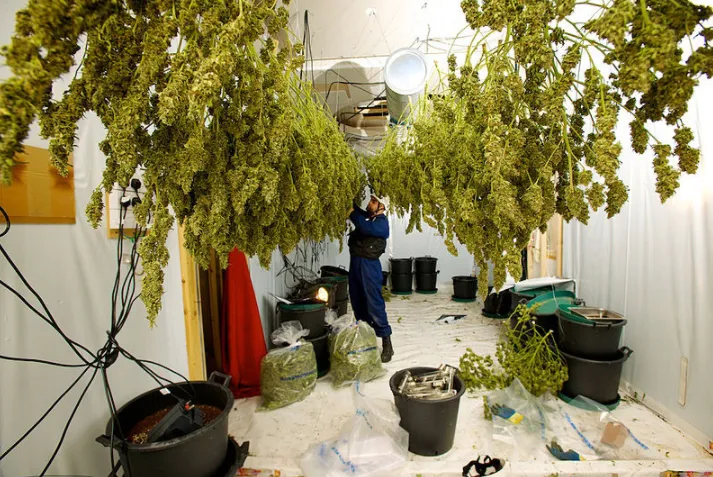
Getting Back to Hemp
To summarize the public perception of this absurd Drug War so far:
We know that the government is only the public relations department for the energy and pharmaceutical industry, yet we will ask that very same government for permission to do almost everything, including being allowed to use a harmless plant.
Cannabis is known to be illegal for outrageously stupid reasons, and yet remains criminalized for no apparent reason.
Following the chain of information then, we have a pharmaceutical/energy complex of industries using psychological tactics through the media to formulate the opinions of the public, while using an authoritative voice of governmental might to dictate how much, where and when a certain plant’s use will be allowed.
The result is a public that learns from that media that they have had a victory of some sort, with some states in the USA now allowing the recreational use of cannabis, and now legally satiated with the herbs, it seems the public never asks why the law still restricts or prohibits the commercial or private cultivation of hemp.
Why would the practically non-psychotropic variety of hemp be kept illegal, after all?
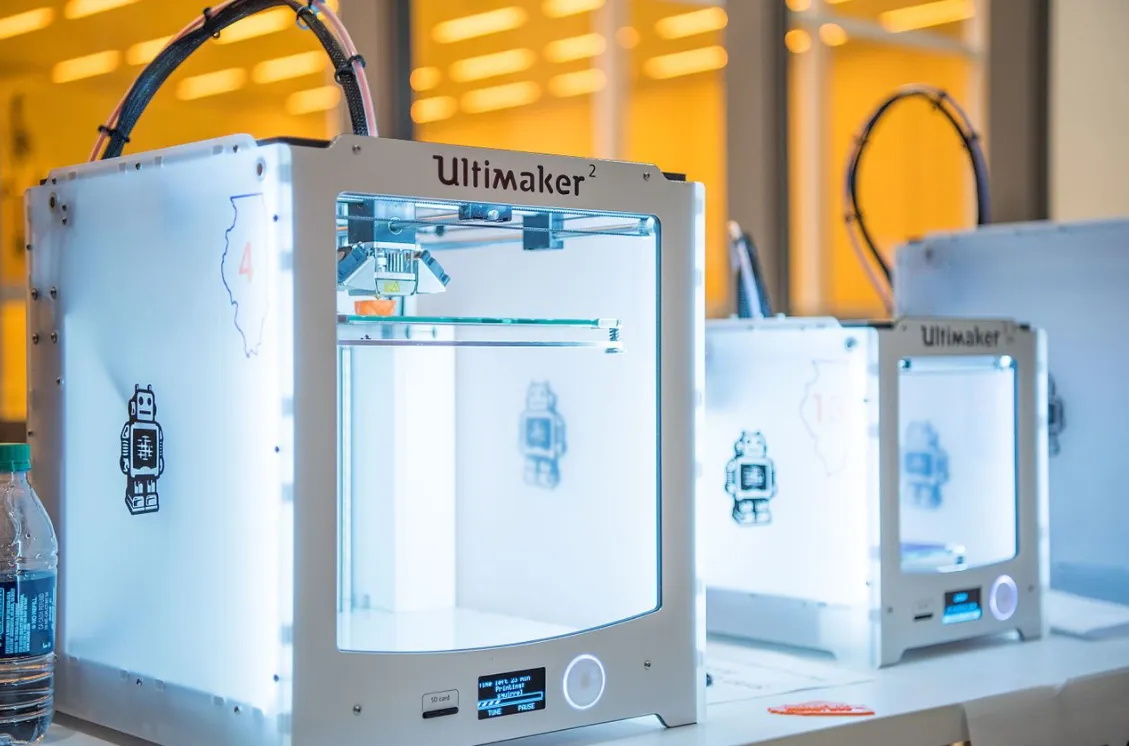
3D Printing, and Decentralized Building Material
There are ideas floating around the internet these days of 3D-printed houses and building materials, and they are the kinds of ideas that will likely change the way modern construction is approached in the future. An industry still in it’s infancy, the 3D printers of today may use a variety of different plastics or epoxies as a building material, but they don’t use hemp-based plastics, yet.
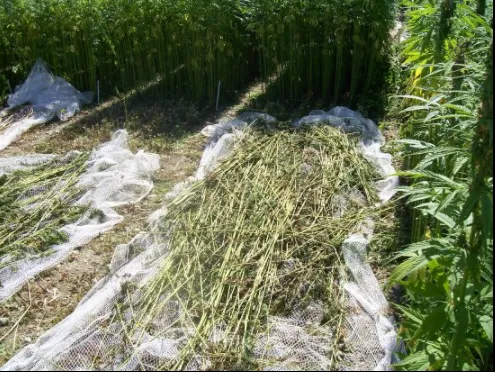
A look at the troubles, and benefits of unregulated hemp cultivation in a 3D future:
The trouble with having hemp growing freely everywhere would mean that the resource would become less valuable on the market.
The benefit would be that hemp and hemp seed would be affordable and available to everyone who needed it.
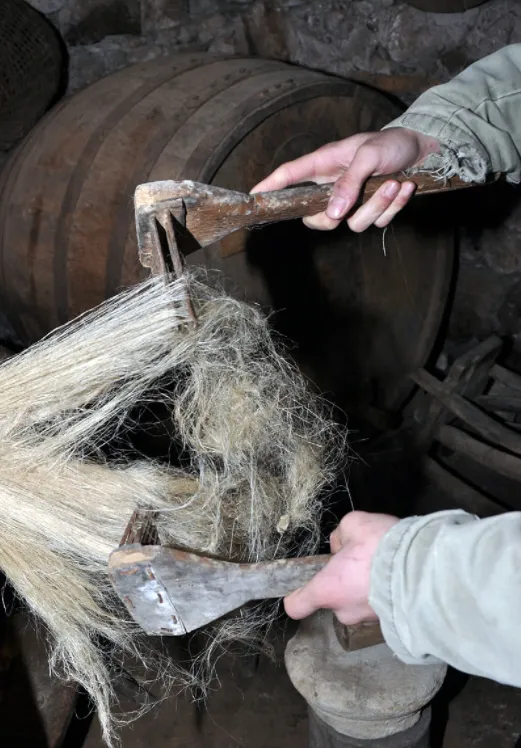
The trouble with allowing homesteaders to cultivate hemp would be that they could independently fuel their homes for a year using hemp oil, even with just an acre of land, which would hurt the economy if everyone started doing it.
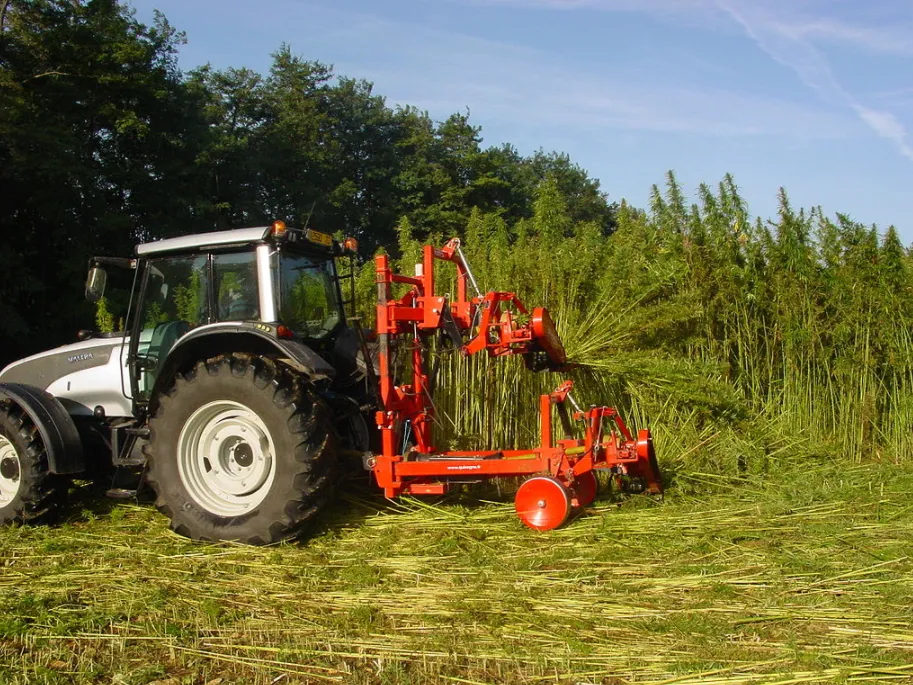
The benefit to homesteaders would be that they could grow hemp while their 3D printer prints a hemp thresher or two, and while independently fueling their home with a biodiesel generator running on hemp oil they could begin to print lumber, conduits, shelving and shower curtains using their own homemade goo, or just print an entire cabin made of hemp, colored with hemp-based paints.
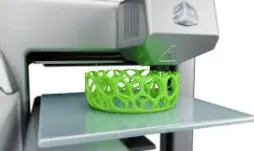
The trouble with such on-site printing of houses, aside from adversely affecting the timber, transportation and petroleum industries, would be that individuals could even use hemp as a viable food source, and such a trend could potentially damage the current agricultural industry.
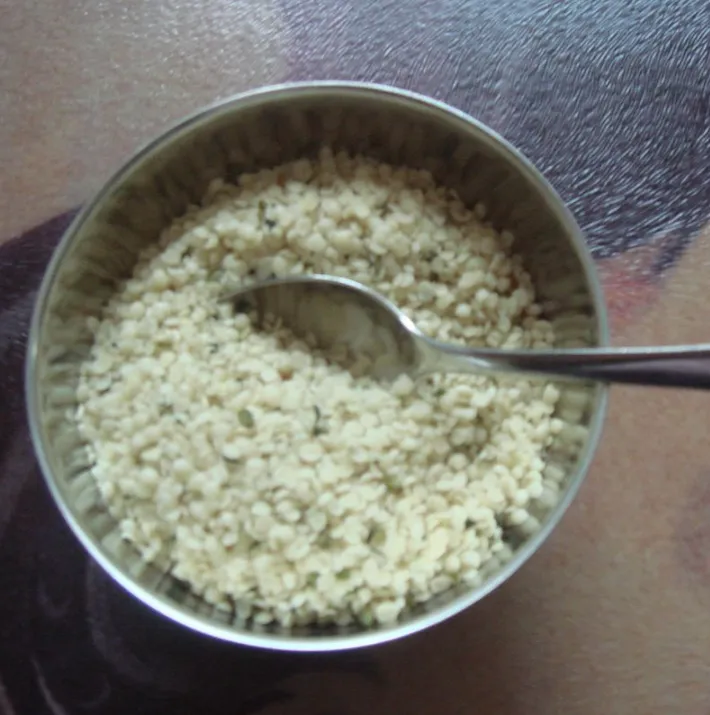
The benefit to humanity from the coming 3D world being made from sustainable, locally produced hemp materials would ultimately decentralize control over hemp and other less-abundant resources, making life more practical, clean and healthy for all involved.
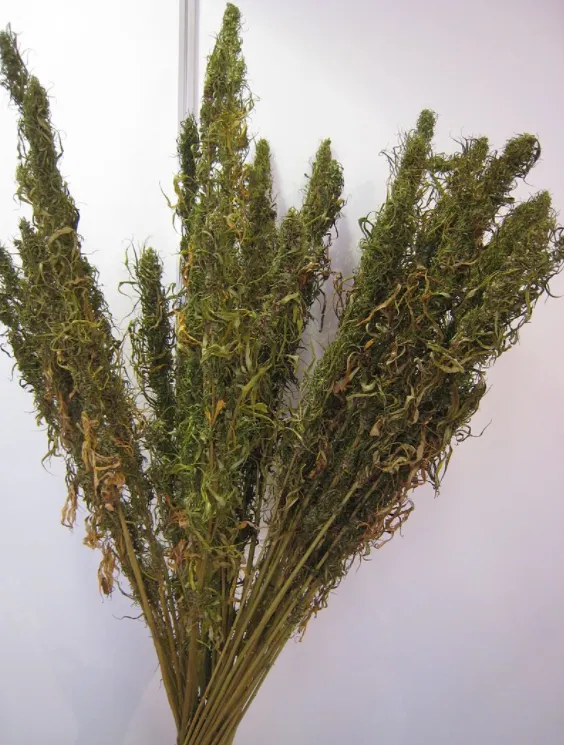
Such freedom could even result in a hemp-based economy, wherein the resource, being so useful and so abundant, could serve as the financial worth of a community, while also showing the value of a given individual’s talents-- since there will be more free time with the house already built and all-- there will be new creations that had long been thwarted by the central power source and clocks of the petrol-pharmaceutical golem called ‘government’.
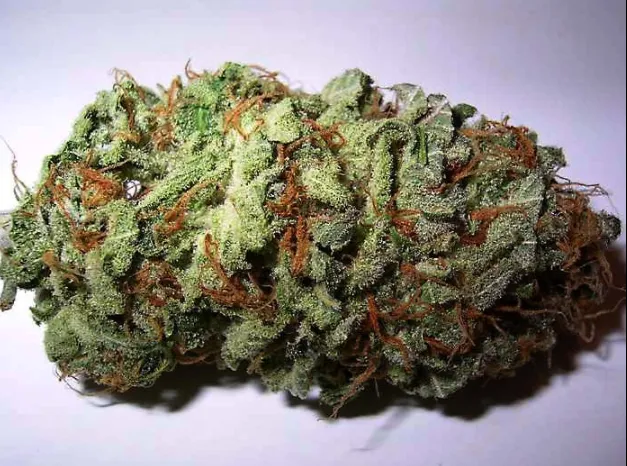
Conclusion
Everybody knows that cannabis and hemp could do wonders for the world, and that this is probably why it has been forbidden, and is still criminalized even in the US states where it’s deemed ‘legal’. Everybody knows, but few were really thinking about it until recently. Even fewer thought about industrial hemp, but with 3D printers getting larger and more sophisticated, the need for material could possibly be answered with locally refined hemp.
With the added philosophy of the decentralization of currencies, the decentralization of materials and resources should follow. 3D printers will probably not go away, and the idea of local printing of homes, furniture, and even solar panels is slowly making it’s way into the mind of the public. To do this, the builders of this new world are going to need a lot of available building material, and a decriminalized hemp plant may be the answer to that need in the near future.
